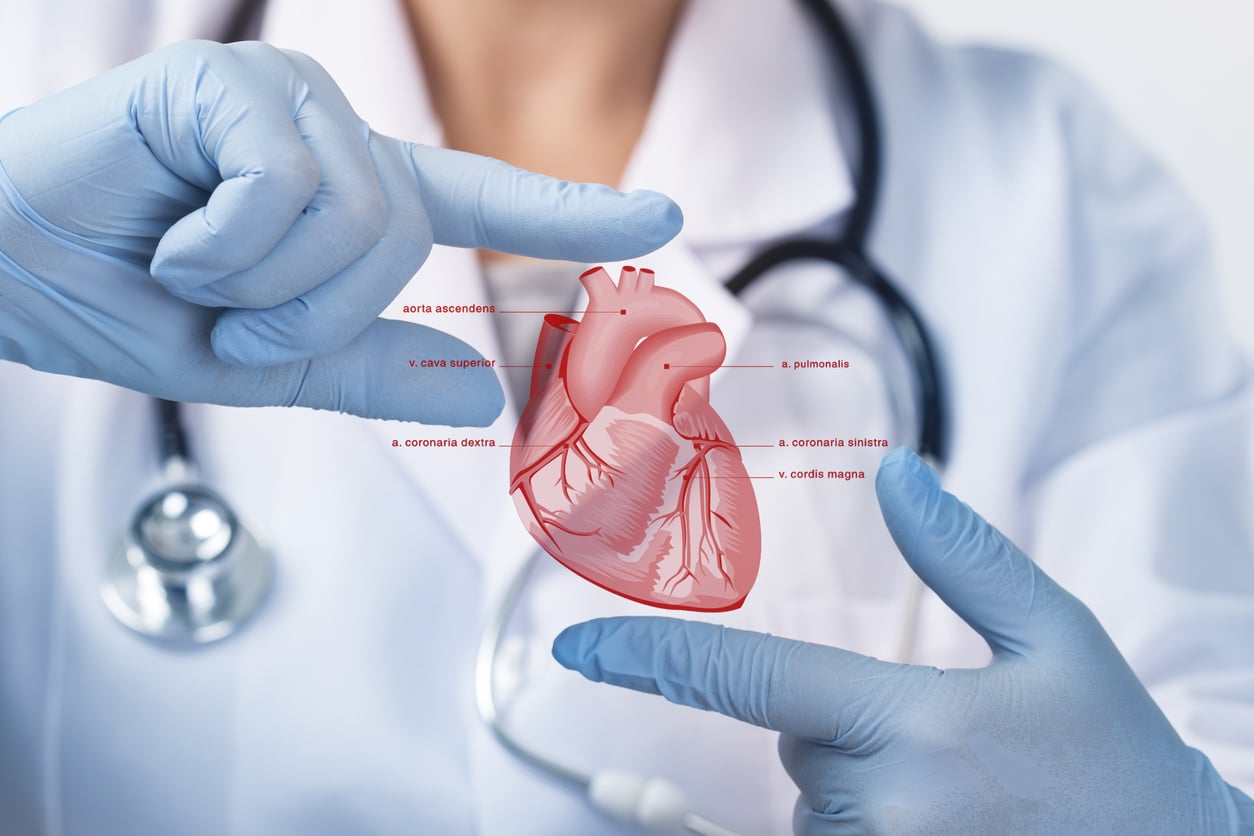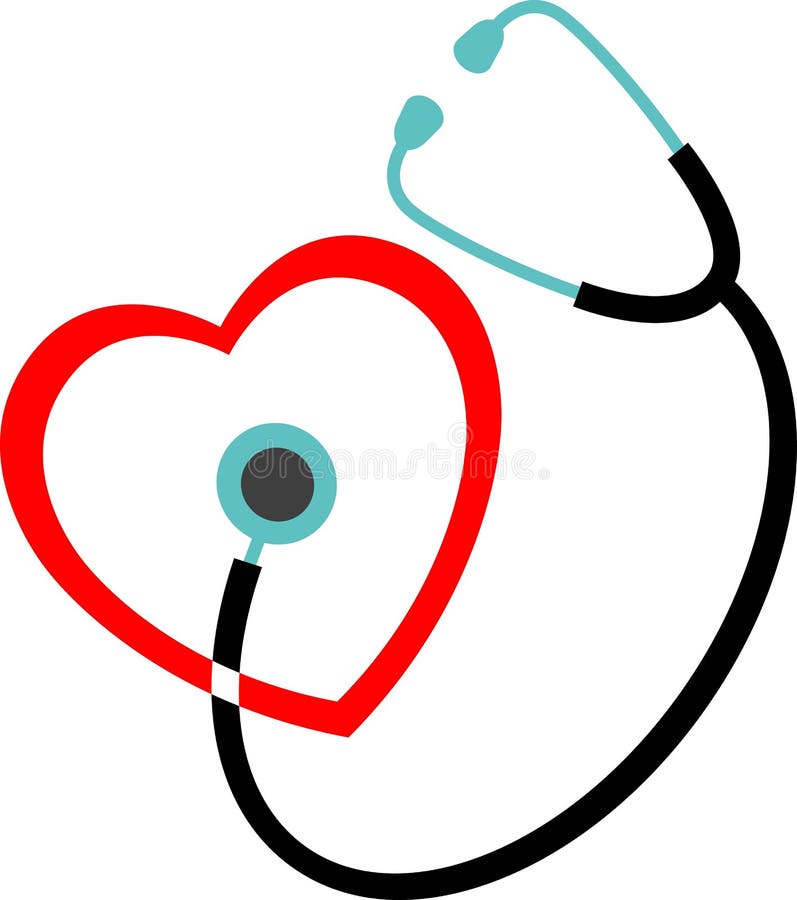How to choose the right Cardiologist near me for your specific needs
How to choose the right Cardiologist near me for your specific needs
Blog Article
Comprehending the Relevance of Cardiology in Modern Medical Care Providers
Cardiology plays a vital role in modern-day health care, particularly as heart condition remains to be the leading root cause of mortality worldwide. Advances in diagnostics and treatment have actually transformed person care, making it possible for earlier treatments and boosted outcomes. Additionally, the change in the direction of preventative cardiology encourages people to manage their wellness proactively. As modern technology continues to advance, the assimilation of innovative remedies might further redefine cardiology's influence on public health and wellness, prompting a closer exam of emerging trends and their ramifications.
The Prevalence of Heart Illness and Its Influence On Public Health And Wellness
Although cardiovascular disease stays the leading reason of death internationally, its effect expands far beyond individual clients to influence public health and wellness systems and economic climates. The high occurrence of cardiovascular disease puts a substantial strain on health care resources, necessitating enhanced funding for avoidance, therapy, and rehabilitation programs. Public health and wellness initiatives need to address danger factors such as excessive weight, cigarette smoking, and inactive way of lives, which contribute significantly to the rising incidence of heart conditions.Moreover, the economic burden related to heart condition is immense, encompassing not only direct clinical expenses but likewise indirect expenses connected to lost efficiency and early death. Neighborhoods deal with challenges in handling these expenses, usually causing variations in medical care access and outcomes. As the populace ages and lifestyle-related risks proceed to rise, the urgency for reliable cardiology treatments becomes extremely important. As a result, addressing heart condition is not only an issue of individual health and wellness but likewise a critical public health top priority.
Advancements in Heart Diagnostics and Imaging Techniques
Current developments in heart diagnostics and imaging methods have revolutionized the field of cardiology, enhancing the capacity to keep an eye on and spot heart problem. Methods such as cardiac MRI, CT angiography, and echocardiography have ended up being increasingly innovative, providing detailed pictures of cardiac structures and features. These techniques enable the early recognition of problems like coronary artery illness, heart failing, and valvular disorders.Moreover, developments in non-invasive diagnostics, such as wearable modern technology and remote tracking gadgets, have empowered clients and doctor. These tools assist in real-time monitoring of heart rhythms and other essential indicators, bring about prompt interventions. Additionally, man-made intelligence is being incorporated right into imaging analysis, enhancing precision and performance in medical diagnosis.
Advancements in Therapy Choices for Heart Issues
Recent developments in cardiology have resulted in considerable advancements in treatment alternatives for heart problems. These include sophisticated medical techniques that improve procedural results and emerging medicines that provide new opportunities for therapy. As the field advances, these innovations play an important duty in enhancing patient treatment and results.
Advanced Surgical Techniques
Technologies in medical methods have changed the landscape of cardiology, offering new expect people with heart disease. Minimally invasive procedures, such as catheter-based interventions, have greatly minimized recovery times and healthcare facility stays. Methods like robotic-assisted surgical treatment enhance precision, allowing specialists to browse intricate physiological frameworks with higher accuracy. Developments in imaging technology help with real-time visualization throughout treatments, improving results. Transcatheter aortic valve replacement (TAVR) exhibits an innovation in treating aortic stenosis, allowing valve replacement without open-heart surgical treatment. Additionally, hybrid methods that incorporate medical and catheter-based approaches provide customized options for numerous cardiac issues. These innovative medical techniques not just enhance client safety yet likewise expand therapy choices, highlighting the critical duty of advancement in modern cardiology techniques.
Emerging Therapies and drugs
As the landscape of cardiology continues to advance, emerging therapies and medications play a pivotal function in enhancing treatment alternatives for heart problems. Technologies such as novel anticoagulants and advanced lipid-lowering agents have transformed the management of heart diseases, greatly reducing client morbidity and mortality. Additionally, the growth of genetics therapies and regenerative medication uses encouraging avenues for dealing with conditions previously deemed permanent. Professional trials are continuously exposing the efficacy of these treatments, pushing the boundaries of conventional treatments. The combination of digital wellness innovations assists in individualized medication, enabling for tailored therapy plans based on hereditary and way of living aspects. Collectively, these developments emphasize the dynamic nature of cardiology, improving individual outcomes and redefining criteria of treatment in modern medical care.
The Duty of Preventive Cardiology in Person Care
Precautionary cardiology plays an essential role in individual treatment by concentrating on the identification of danger elements that add to heart problem. Via way of living modification approaches and early detection strategies, doctor can effectively decrease the occurrence of cardio events - Dr Garcia. This proactive technique not just improves patient outcomes but also promotes long-term health and wellness
Risk Factor Identification
While heart diseases continue to be a leading root cause of morbidity and mortality worldwide, effective risk element identification functions as a keystone of preventative cardiology. Determining danger aspects such as high blood pressure, diabetes mellitus, family, and hyperlipidemia background is vital for very early treatment. Healthcare experts utilize different screening methods to review these aspects, enabling for customized preventive actions. Additionally, comprehending an individual's way of life options, such as cigarette smoking and physical inactivity, even more notifies danger assessments. This complete assessment enables clinicians to establish individualized treatment strategies focused on mitigating dangers. By prioritizing risk factor recognition, healthcare systems can improve client results and minimize the overall problem of heart diseases, eventually adding to enhanced public health and wellness strategies and resource allowance.
Lifestyle Modification Techniques
A multitude of research studies highlights the crucial duty of way of living alteration methods in lowering heart disease threat. These techniques encompass dietary you could try these out adjustments, increased exercise, cigarette smoking cessation, and weight administration. By taking on a heart-healthy diet regimen rich in fruits, vegetables, whole grains, and lean healthy proteins, people can reduce cholesterol degrees and blood pressure. Normal physical task enhances the heart and improves general cardio wellness. Additionally, stopping smoking cigarettes considerably reduces the risk of heart problem and improves healing prices for those with status quo. Weight management better adds to cardio wellness by mitigating various other risk elements such as diabetes and hypertension. Carrying out these way of life changes not only promotes individual well-being but also acts as a cornerstone of preventative cardiology in patient treatment.
Early Discovery Methods
Lifestyle alterations substantially add to reducing heart disease threats, but they are most efficient when matched with early discovery methods. Preventive cardiology highlights the importance of identifying prospective heart issues prior to they rise into serious problems. Techniques such as blood stress tracking, cholesterol testing, and progressed imaging technologies like echocardiograms play vital functions in reviewing cardiovascular health and wellness. Biomarkers and hereditary testing likewise enhance the precision of early detection, permitting tailored precautionary approaches. Regular heart danger analyses empower health care companies to step in proactively, possibly stopping cardiac arrest and strokes (Dr Garcia). By incorporating these early detection approaches into routine treatment, individuals can take advantage of prompt way of life interventions and targeted treatments, eventually enhancing results and enhancing lifestyle
Integrating Innovation Into Cardiology Practices
As improvements in modern technology remain to improve various areas, the combination of ingenious devices and systems into cardiology practices has ended up being important for enhancing client care and end results. Telemedicine systems permit cardiologists to check clients from another location, improving accessibility to care while minimizing the worry on healthcare facilities. Wearable tools, such as smartwatches, make it possible for continuous heart price tracking, signaling both clients and doctors to potential issues in real-time. Furthermore, fabricated knowledge (AI) is being utilized to assess large amounts of cardiac data, aiding in early medical diagnosis and customized therapy plans. Advanced imaging techniques, consisting of 3D echocardiography, enhance visualization of heart frameworks, resulting in much more accurate interventions. Digital health records (EHRs) enhance individual info management, making certain that cardiologists have instant access to vital information. With each other, these technical developments are changing cardiology, promoting positive administration and boosted health and wellness outcomes for clients with cardio conditions.
The Relevance of Patient Education and Involvement
Individual education and learning and interaction play a critical function in the administration of cardiovascular health. By furnishing clients with expertise regarding their problems, treatment options, and way of life adjustments, doctor encourage individuals to take an energetic function in their care. This aggressive find this approach can bring about improved adherence to recommended drugs, dietary modifications, and exercise routines, inevitably lowering the danger of complications.Engagement also fosters a solid patient-provider relationship, motivating open communication and trust. When individuals really feel notified and entailed, they are most likely to voice issues and ask questions, which can lead to much better professional results. Furthermore, instructional resources, such as workshops or digital systems, can enhance understanding and advertise self-management approaches. On the whole, prioritizing individual education and engagement is necessary for boosting cardio health and wellness, enhancing high quality of life, and decreasing health care expenses associated with heart diseases.
Future Trends in Cardiology and Their Prospective Effect

Often Asked Inquiries
What Lifestyle Modifications Can Reduce Heart Disease Risk?
The existing concern addresses way of living adjustments that can substantially reduce heart problem danger. Cardiology. Adopting a balanced diet, participating in normal physical activity, maintaining a healthy and balanced weight, handling tension, and staying clear of tobacco can significantly boost cardiovascular wellness
How Can I Acknowledge Very Early Indications of Heart Issues?
Recognizing early indications of heart issues entails surveillance signs and symptoms such as chest discomfort, shortness of breath, tiredness, and irregular heartbeat. Prompt understanding of these indications can motivate necessary medical evaluation and treatment for better end results.
What Are the Distinctions In Between Cardiologists and Heart Surgeons?
The differences between cardiologists and heart specialists lie in their duties; cardiologists largely diagnose and he has a good point handle heart conditions with non-invasive approaches, while cardiac specialists carry out operations to correct architectural heart problems. Each plays an important, distinct function.

Exactly how Often Should I Get My Heart Health Checked?
The frequency of heart wellness checks varies based upon individual threat elements. Typically, grownups must undertake examinations every one to 2 years, while those with existing conditions may need even more regular analyses as advised by medical care experts.
What Role Does Genetics Play in Cardiovascular Disease Risk?
Genetics significantly influences cardiovascular disease danger, with familial patterns indicating inherited problems. Certain genetics can predispose individuals to hypertension, cholesterol concerns, and various other cardio issues, highlighting the significance of genetic screening in evaluating heart health. Heart disease continues to be the leading reason of death internationally, its effect prolongs much beyond specific patients to impact public health systems and economic situations. Public health and wellness efforts must address danger factors such as excessive weight, smoking, and inactive way of lives, which add substantially to the climbing incidence of heart conditions.Moreover, the economic concern connected with heart illness is immense, incorporating not only direct medical prices however likewise indirect costs related to shed efficiency and premature death. Preventative cardiology plays an important role in patient treatment by concentrating on the identification of risk aspects that contribute to heart condition. Man-made intelligence (AI) and equipment learning are enhancing diagnostics and client surveillance, allowing early discovery of heart diseases. The differences in between cardiologists and heart cosmetic surgeons lie in their roles; cardiologists mainly diagnose and manage heart conditions with non-invasive methods, while cardiac doctors execute surgical procedures to deal with architectural heart concerns.
Report this page